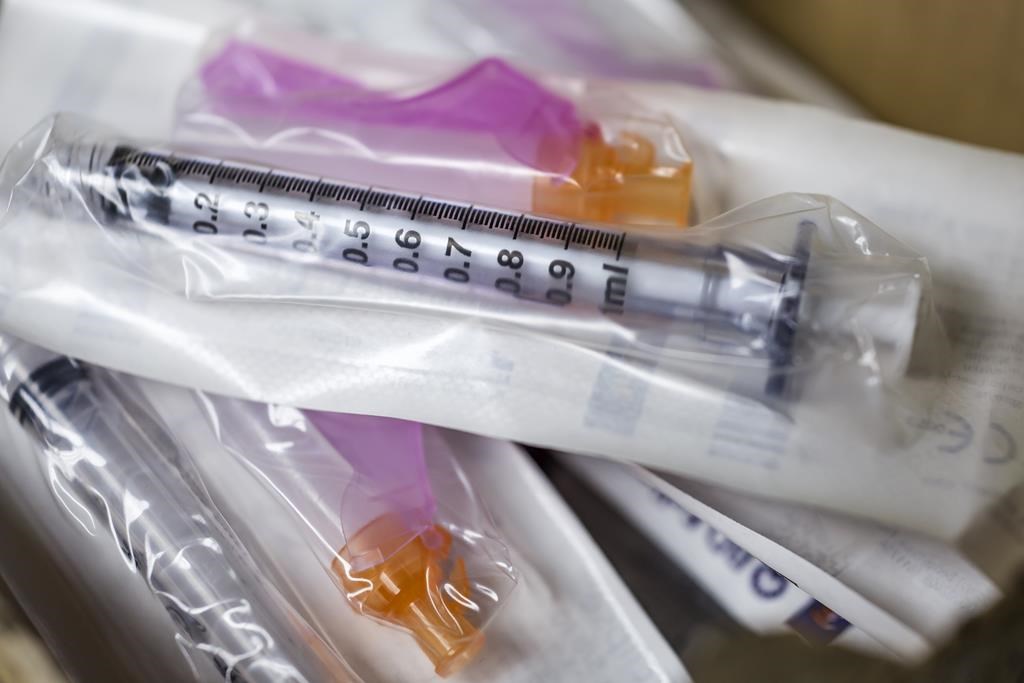A Winnipeg epidemiologist isn’t putting much stock in a new buzzword that has arisen out of the COVID-19 pandemic.

It’s the concept of “immunity debt” — a theory that people’s immune systems are weaker than they once were, due to the lack of exposure to viruses because of lockdowns and masks.
Epidemiologist Cynthia Carr told 680 CJOB’s The Start that even during the height of the pandemic, your immune system was working full-time.
“There is no evidence and should never be evidence that our immune systems are weaker because of public health measures,” Carr said.
“Your body was still working at all times, your immune system was working at all times. … So we don’t want to blame masks or other reasons.
“It’s just now you have more people exposed to more viruses, and influenza is definitely circulating right now as well. That’s another virus that’s back with a charge and risky for our youngest residents and our oldest.”
Some people who subscribe to the immunity debt idea also believe kids are getting sicker due to delayed exposure to all sorts of viruses over the past two-and-a-half years.

Get weekly health news
Carr said the concept seems to have originated in a French research paper from last year, and some of the messages being spread come from a misunderstanding of what the paper was trying to say — especially when it comes to children.
“If you read that research paper, what they’re really getting at is during COVID, the children weren’t able to get their routine childhood vaccination and there was concern overall about kids getting behind there and not being optimally protected.”
Carr’s view is shared by other specialists in the field.
Dr. Samira Jeimy, an allergist and clinical immunologist at St Joseph’s Health Care London, told Global News, the idea of immunity debt “shows a basic lack of understanding of how the immune system works.”
“There’s almost like an old wives’ tale, that you need to get sick to develop a healthy immune system. That’s actually not true.”
“I actually think (immunity debt) is a dangerous term to throw around because it sort of confers a negative connotation to public health measures that have saved us from morbidity,” she said.
Last week, Manitoba’s top public health official urged people across the province to stay up to date with vaccinations — for COVID-19, of course, but also the seasonal flu shot.
“Because (influenza) was common, because people are used to hearing about it, they don’t perceive it as risky as it actually is … and this year is going to be no exception,” Dr. Brent Roussin said.
“Every year, pre-pandemic, thousands of Canadians lost their lives to the flu. Thousands and thousands more spend time in hospital and in ICU.”











Comments
Want to discuss? Please read our Commenting Policy first.